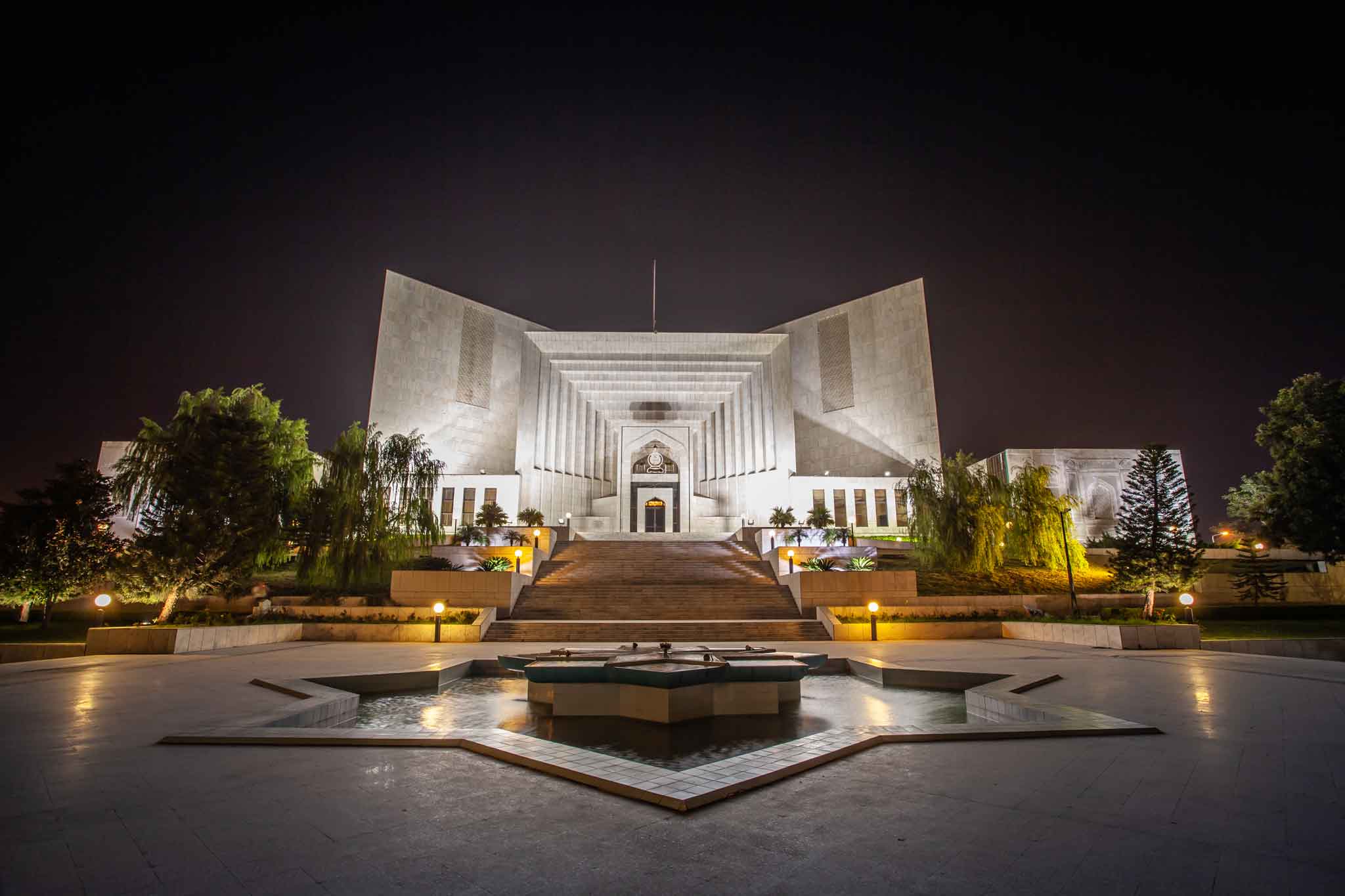Politics
SC strongly condemns delay tactics and cautions against non-implementation seats.

The Supreme Court of Pakistan is gravely concerned over the slow implementation of its decision on reserved seat issue and has warned of severe repercussions if their directives are not strictly adhered to.
An eight-judge bench issued its decision regarding Sunni Ittehad Council’s (SIC) reserved seat dispute and ordered that Election Commission of Pakistan (ECP) publish immediately details regarding Pakistan Tehreek-e-Insaf (PTI) contestants who returned contesting them.
In a four-page document from the court, it was made crystal clear that an absence of political symbols does not invalidate an individual political party’s legal or constitutional rights.
“PTI remains an established political party with representatives holding seats in both national and provincial assemblies,” according to the judges.
On July 1st, a full court bench ruled in favor of an appeal by SIC, an affiliated party of PTI that challenged Peshawar High Court’s order upholding ECP’s refusal of seats in legislative assemblies for this party. With this victory for SIC and PTI as they secured reserved seats at National Assembly.
A majority of judges deemed 39 of the 80 SIC lawmakers who submitted documents indicating party affiliation before primary elections PTI members, while also permitting 41 others to join within 15 days. Five judges including Chief Judge Qazi Faez Isa dissented from this majority decision.
There is much speculation regarding whether or not the Federal government plans to make comprehensive reforms to the judicial system that could involve constitutional modifications. According to reports, these modifications could include changing how Chief Justices on Supreme Court are selected as well as raising their retirement ages.
The Supreme Court’s decision may halt proposed amendments to the Constitution.
If the reforms pass, they will transfer power of appointment of chief justice from the judiciary to the premier who would select from among a group of senior judges – an action the government believes will reduce lobbying within the judiciary system.
Reforms propose moving judges between high courts, but increasing retirement ages remains unresolved. Although no decision has yet been taken by the government on this matter, insiders indicate that a proposal could be presented to parliament within weeks.
Though there may be disagreement between coalition parties on certain matters, most agree on the need for fundamental changes to the judicial system. Unfortunately, it remains uncertain whether this government can garner two-thirds majority to pass any constitutional amending bills.
As speculation surrounding this debate heightens, the government has summoned Senate and National Assembly lawmakers for special sessions on Saturdays to further the discourse about proposed changes. This has resulted in further discussions regarding their timetable as well as material aspects.







